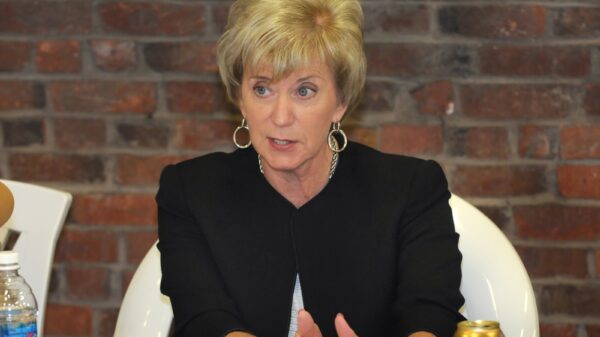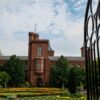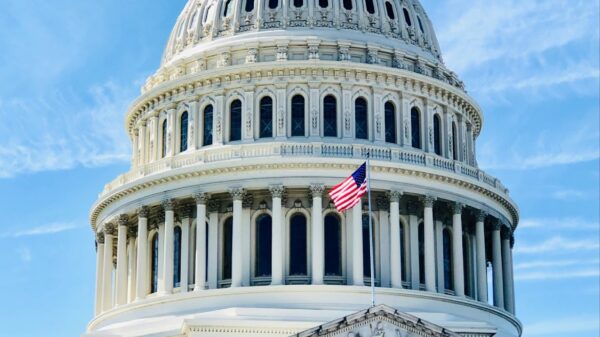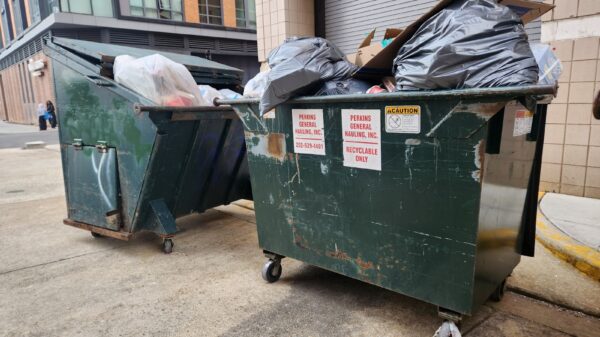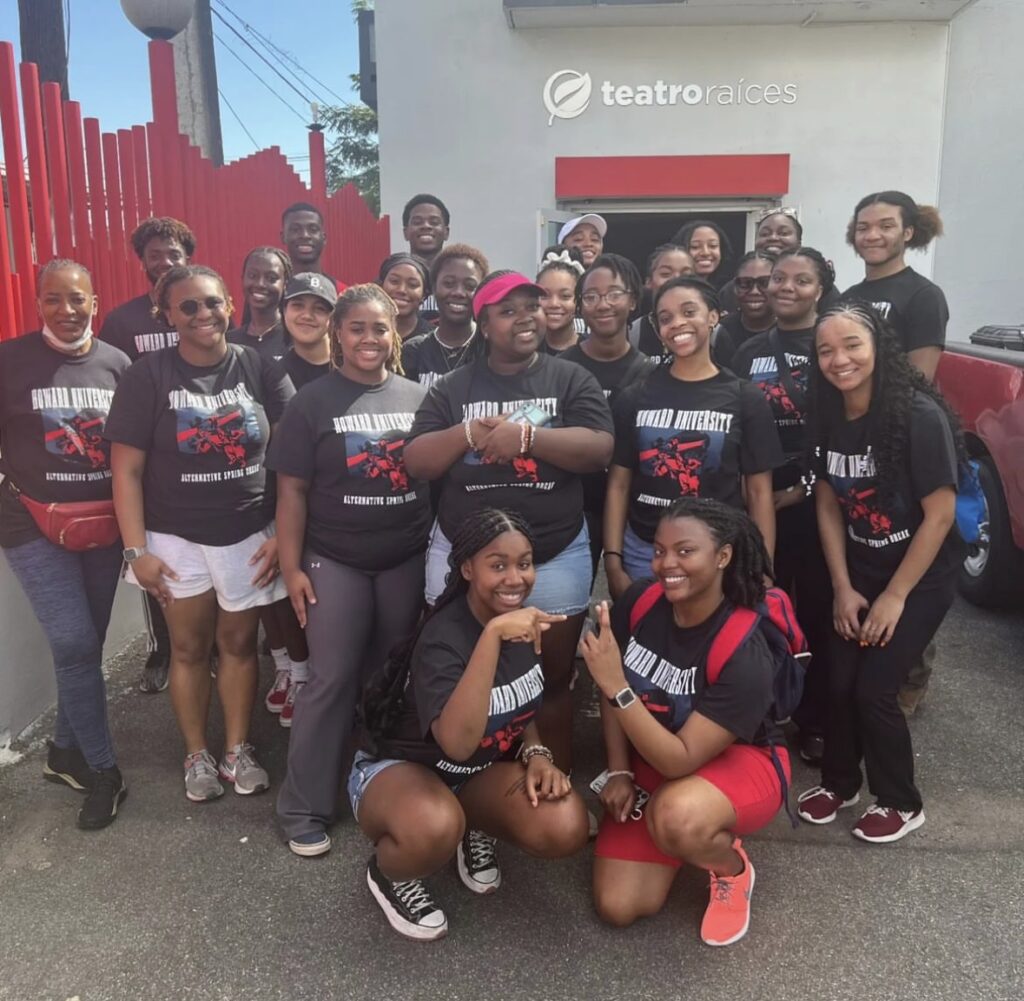
Ahead of its 30th anniversary next month, Howard University’s Alternative Spring Break (ASB) program saw more students apply to serve than at any other time in its history, with a record-breaking 2,100 applicants, according to their Instagram.
The service-based organization was founded on March 4, 1994, with about 12 participants and the mission of enabling Howard students to serve an array of marginalized communities in different parts of the world that need direct assistance.
This year’s theme, “A Legacy of Paying it Forward,” pays homage to ASB’s three decades of existence and is the guiding principle of community work that the organization was founded on.
DaShawn Jones, a junior sociology major from Clearwater, Florida, serves as a co-executive student director for ASB. When it comes to celebrating 30 years of service, Jones envisions a community acknowledgment of service.
“Our 30 years of service stretches across the length and breath of the campus, so I believe there’s a part for every person, every department on campus, to say hey, this is a legacy we’ve been a part of for 30 years, we should celebrate this together,” he said.
ASB takes place every year during Howard’s spring break, where students are selected to go on trips to serve communities. In the past, students have gone to locations such as El Paso, Detroit, Puerto Rico, New Orleans, Ghana and Washington, D.C.
The week of service is of no cost to students and is instead funded by fundraising excursions, such as their recent Helping Hands Radiothon in partnership with WHUR. The organization is completely student-led, with site coordinators and the executive board composing most of the decision-making. Their executive team oversees external communications, event planning, photography and other elements.
Jones explained that the sites that are chosen are based on need. He said that when ASB added Wilmington, North Carolina, to their list of locations, they did so because the city needed support in recovering from a hurricane and floods. “Things like that play a critical role in how we select locations,” he said.
After receiving a site assignment from the event coordinators, the ASB Executive team researches the location to figure out how they can be of the most assistance. As they connect with people on the ground, they engage in a collaborative effort with grassroots organizations in the area to serve, which varies from community cleanup, mentoring, or giving out food.
According to Jones, his most impactful experience at ASB was during his first year on the ground in Memphis, Tennessee, where he worked at a high school. After meeting a young man named Michael, Jones realized that they shared a lot of similar circumstances and experiences.
“During that talk, I saw so much of who I was. It’s amazing to see how bridges are built, and relationships are built, and that we can connect with people by being vulnerable and transparent,” Jones said. “I don’t think you can say you’ve had the full Howard experience until you’ve done ASB.”
Tyrah Lacy, a senior health science major from Los Angeles also serves as the co-executive student director. “This year, we have about 20 different sites we’re looking at,” she said. “There’s youth empowerment sites, health and wellness sites, environmental restoration sites, sites to help secure stable food sources – the list goes on.”
Abigail Lindo, a junior communications major from Seattle, Washington, served at the Jackson, Mississippi location in 2023. Her initiative was focused on disaster relief for Lindo describes ASB as one of her “greatest accomplishments.”
“It’s truly fulfilling knowing that I contributed to the legacy that ASB started in Mississippi. It’s one of my greatest accomplishments at Howard and an experience I’ll always be thankful for,” Lindo said. “I held a total of 4 positions in ASB, and being able to see the behind the scenes work, with participation numbers increasing each year, just shows that the dedication of the steering committee is unmatched.”
Copy edited by Alana Matthew




